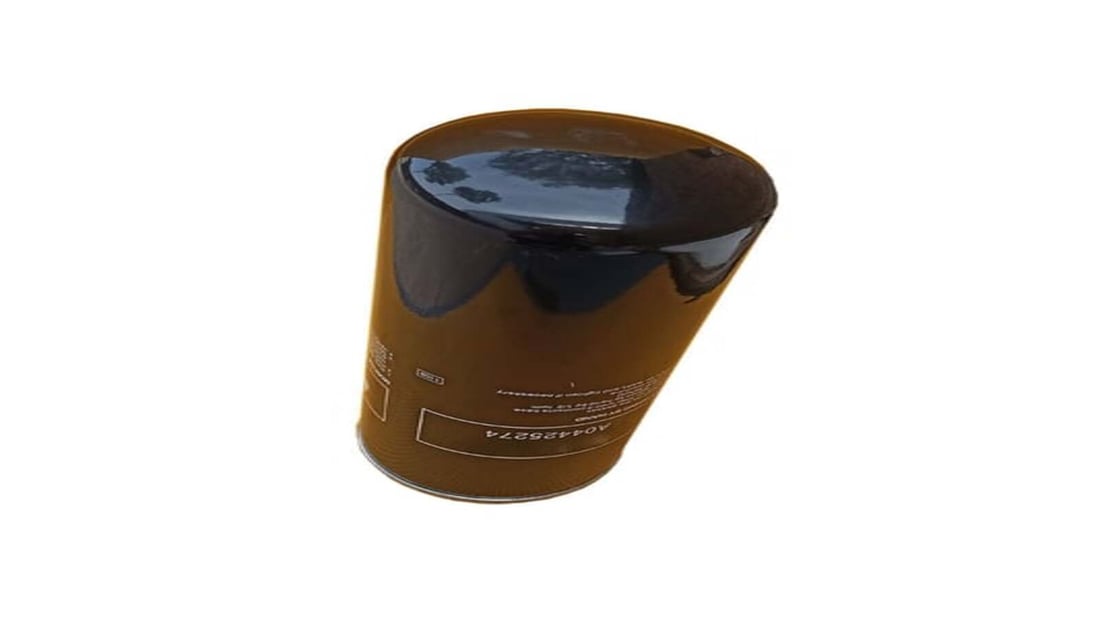element oil filters play a crucial role in ensuring the proper functioning of a vehicle's engine. The quality and efficiency of the oil filter can have a significant impact on the overall performance and longevity of the engine. Understanding the importance of element oil filters is essential for every vehicle owner.
What is an Element Oil Filter?
Element oil filters are designed to remove contaminants and impurities from the engine oil, ensuring that only clean oil circulates through the engine. These filters consist of a filter element that traps dirt, debris, and other particles that can cause damage to the engine if left unfiltered. Regularly replacing the oil filter is essential to prevent these harmful contaminants from circulating in the engine.
Benefits of Using Element Oil Filters
One of the primary benefits of using element oil filters is the protection they provide to the engine. By removing contaminants from the oil, the filters help prevent wear and tear on engine components, extending their lifespan. Additionally, clean oil facilitates smoother engine operation and better fuel efficiency, ultimately saving on maintenance costs and improving overall performance.
Signs of a Clogged Oil Filter
It is essential to recognize the signs of a clogged oil filter to prevent potential damage to the engine. Some common indicators of a clogged oil filter include decreased oil pressure, engine overheating, and poor engine performance. If any of these symptoms are present, it is crucial to replace the oil filter promptly to avoid further complications.
How Often Should You Replace Your Oil Filter?
The frequency of oil filter replacement depends on various factors, such as the vehicle's make and model, driving conditions, and the type of oil used. As a general rule of thumb, it is recommended to replace the oil filter every time you change the engine oil, typically every 3,000 to 5,000 miles. Regular maintenance of the oil filter ensures the engine's optimal performance and longevity.
Choosing the Right Element Oil Filter
When selecting an element oil filter for your vehicle, it is essential to consider factors such as compatibility, quality, and efficiency. Opt for a filter that is specifically designed for your vehicle's make and model to ensure a proper fit and functionality. Additionally, choose a reputable brand known for producing high-quality filters to safeguard your engine against contaminants.
DIY vs. Professional Oil Filter Replacement
While some vehicle owners prefer to replace the oil filter themselves as part of DIY maintenance, others opt to have it done by a professional mechanic. DIY replacement can save on labor costs but requires the necessary tools and expertise. Professional replacement, on the other hand, ensures proper installation and inspection of the filter, minimizing the risk of errors.
Impact of Element Oil Filters on Engine Performance
The quality of the element oil filter directly affects the engine's performance and efficiency. A clean and functioning oil filter allows the engine to operate smoothly, reducing friction and wear on critical components. By maintaining a clean oil filter, you can extend the engine's lifespan and enjoy optimal performance behind the wheel.
Importance of Regular Oil Filter Maintenance
Regular maintenance of the oil filter is essential for ensuring the longevity and reliability of the engine. Neglecting to replace the oil filter can lead to decreased engine performance, increased fuel consumption, and potentially costly repairs in the long run. By staying proactive with oil filter maintenance, you can protect your engine and preserve its efficiency.
Conclusion
Element oil filters are a vital component of a vehicle's engine system, providing protection against harmful contaminants and ensuring optimal performance. By understanding the importance of oil filters, vehicle owners can prioritize regular maintenance and replacement to safeguard their engines and enjoy a smooth driving experience.

